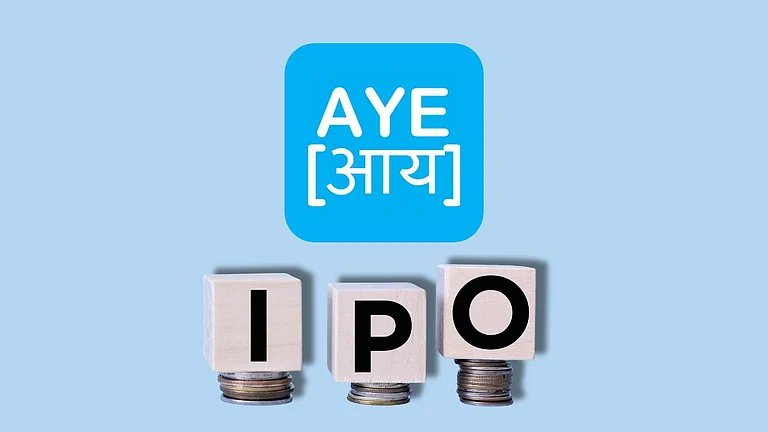The Securities and Exchange Board of India (Sebi) has begun its process for annual forensic audit of mutual funds. Sebi has invited forensic auditors to express interest in auditing mutual funds, asset management companies (AMCs), trustee companies, and boards of trustees.
After forensic acquisition and extraction and imaging of different devices, the empanelled auditors will be required to submit a report with their findings and conclusions to the market regulator.
A mutual fund audit aims to assess whether due diligence and risk management have been maintained by the fund houses.
Sebi has said that applicants should be proficient to “undertake digital and mobile forensics, including indexing of complete data, timeline analysis, meta data analysis, decryption and password cracking, keyword searching, and data retrieval etc.”
Sebi Steps Up Efforts for Investor Protection
Sebi has increased its vigil on mutual funds, and intensified its drive against alleged violations of front-running norms in the wake of the debt fund fiasco at Franklin Templeton, and front running case of Axis Mutual Fund.
Last week, Sebi proposed to take away some operational responsibilities from trustees of mutual funds and replace them with fiduciary duties.
The proposals circulated for public feedback also elaborates on the roles of AMCs.
The new proposals outlined by Sebi include the need for trustees to ensure fairness in fees and expenses charged by the AMC to compare its performance with peers, and to ensure that sponsors do not exert undue influence.
Apart from seeking public comments on these suggestions, it also sought whether the trustees need to focus on any other specific area apart from the new responsibilities mentioned.
At present, the trustees primarily rely on AMCs for ensuring compliance with the applicable regulations and to confirm compliances under periodic reporting to Sebi.
In new guidelines, Sebi, however, said that it is crucial that the trustees independently evaluate the extent of compliance by the AMCs and not merely rely on the AMCs’ submissions. In order to facilitate trustees’ supervision, AMCs should provide them with analytical information.
Sebi has further proposed that the board of AMC should ensure that the AMC has been diligent in empanelling the brokers in monitoring securities transactions with brokers and avoiding undue concentration of business with any broker.
Sebi observed that a significant number of folios do not provide bank account details or do not provide a bank account number with 15 or 16 digits. As these folios are vulnerable to fraud, trustees should periodically review the steps taken by AMCs for the folios which do not contain all KYC attributes with bank details, Sebi said.
Amid all this, Sebi is now also taking steps to streamline the responsibilities of trustees of mutual funds to help them engage in fiduciary duties.













